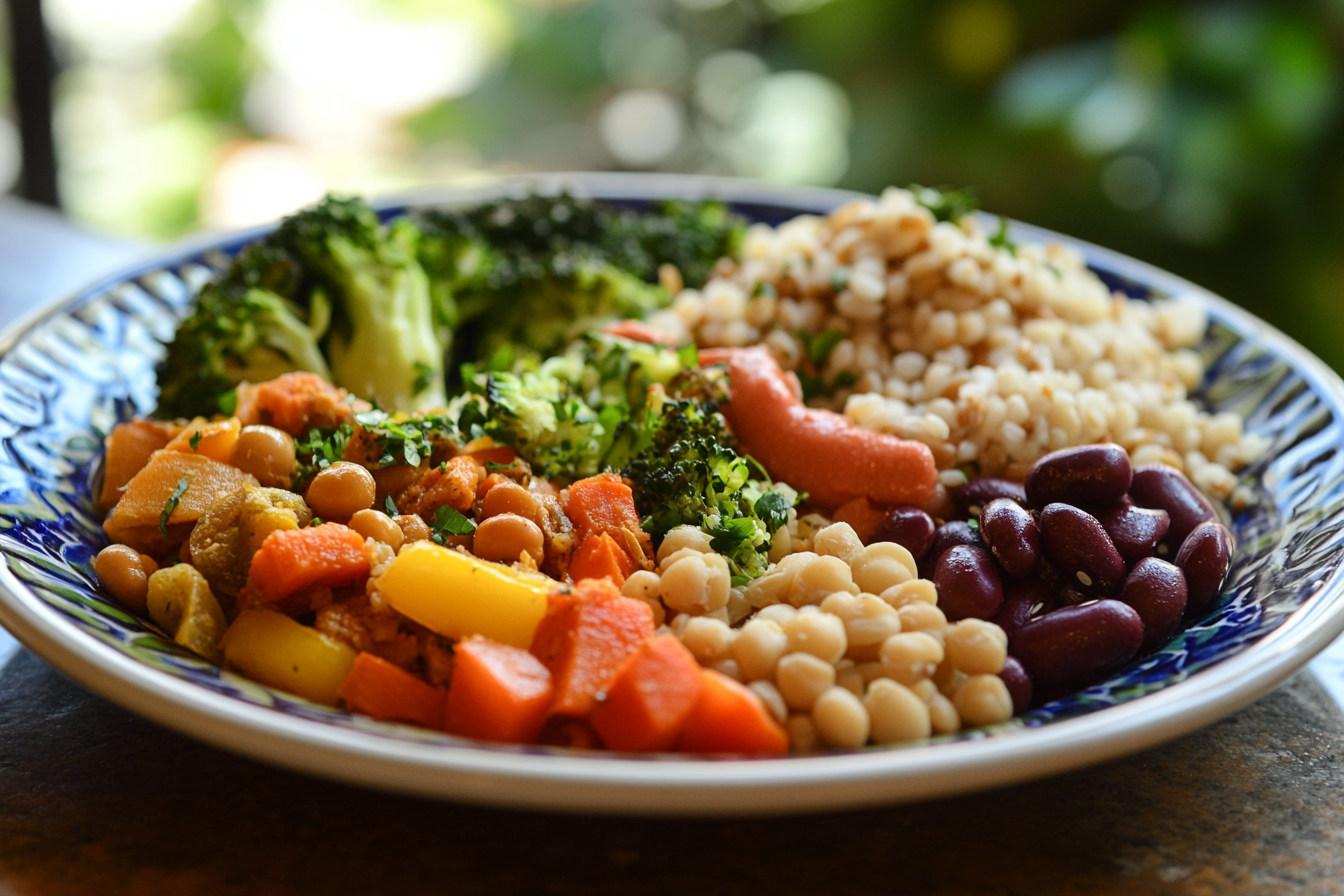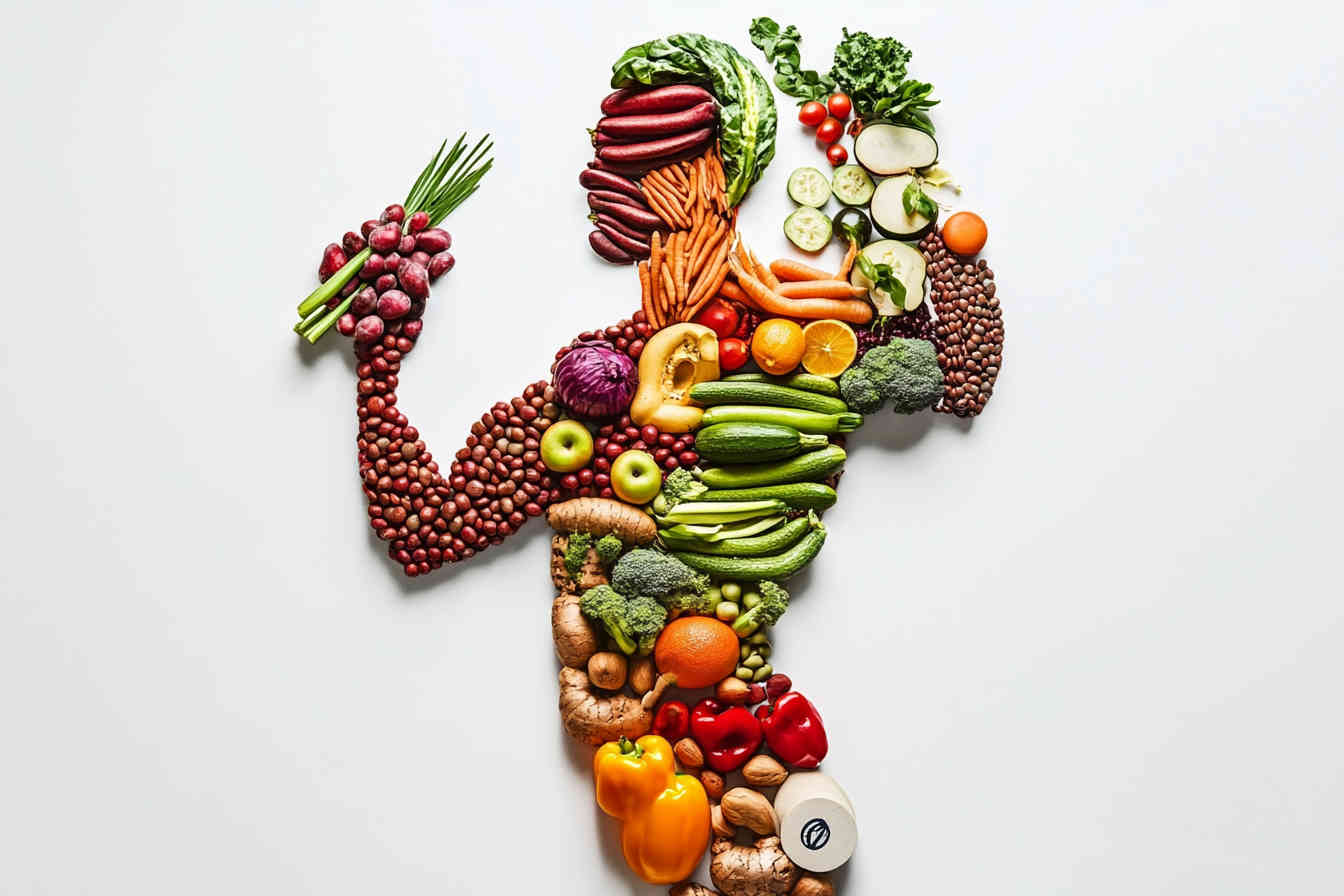In recent years, the plant-based diet has gained significant popularity among athletes. This dietary approach focuses on consuming whole, plant-based foods while minimizing or eliminating animal products. Athletes are turning to plant-based diets for various reasons, including improved performance, faster recovery, and overall health benefits. In this comprehensive guide, we will explore the essentials of a plant-based athlete diet, its benefits, and how to implement it effectively.
What is a Plant-Based Athlete Diet?
A plant-based athlete diet emphasizes whole, minimally processed plant foods such as fruits, vegetables, whole grains, legumes, nuts, and seeds. This diet excludes or limits animal products, including meat, dairy, and eggs. The primary goal is to obtain essential nutrients from plant sources to support athletic performance and overall health.

Benefits of a Plant-Based Athlete Diet
1. Improved Performance: Plant-based diets are rich in complex carbohydrates, which provide sustained energy for athletic activities. These diets also contain high levels of antioxidants, which help reduce inflammation and oxidative stress, leading to improved performance.
2. Faster Recovery: The anti-inflammatory properties of plant-based foods can speed up recovery times. Nutrients like vitamins C and E, found in fruits and vegetables, aid in muscle repair and reduce soreness.
3. Enhanced Endurance: Plant-based diets are high in fiber, which helps maintain stable blood sugar levels and provides a steady energy supply. This can enhance endurance and stamina during prolonged physical activities.
4. Weight Management: Plant-based diets are typically lower in calories and fat, making it easier for athletes to maintain a healthy weight. The high fiber content also promotes satiety, reducing the likelihood of overeating.
5. Heart Health: A plant-based diet can lower cholesterol levels and reduce the risk of heart disease. This is particularly important for athletes, as cardiovascular health is crucial for optimal performance.
Essential Nutrients for Plant-Based Athletes
1. Protein: Athletes need adequate protein for muscle repair and growth. Plant-based protein sources include beans, lentils, tofu, tempeh, quinoa, and nuts. Combining different plant proteins can ensure a complete amino acid profile.
2. Iron: Iron is essential for oxygen transport in the blood. Plant-based sources of iron include spinach, lentils, chickpeas, and fortified cereals. Consuming vitamin C-rich foods alongside iron-rich foods can enhance iron absorption.
3. Calcium: Calcium is vital for bone health. Plant-based sources of calcium include leafy greens, fortified plant milks, tofu, and almonds. Ensuring adequate calcium intake is crucial for preventing bone injuries.
4. Vitamin B12: Vitamin B12 is primarily found in animal products, so plant-based athletes may need to take a supplement or consume fortified foods like plant milks and nutritional yeast.
5. Omega-3 Fatty Acids: Omega-3s are important for reducing inflammation and supporting heart health. Plant-based sources include flaxseeds, chia seeds, walnuts, and algae-based supplements.
Sample Plant-Based Meal Plan for Athletes

Breakfast: Smoothie with spinach, banana, berries, almond milk, and a scoop of plant-based protein powder.
Snack: Apple slices with almond butter.
Lunch: Quinoa salad with chickpeas, cherry tomatoes, cucumber, avocado, and a lemon-tahini dressing.
Snack: Hummus with carrot and celery sticks.
Dinner: Stir-fry with tofu, broccoli, bell peppers, and brown rice.
Snack: A handful of mixed nuts and dried fruit.
Tips for Transitioning to a Plant-Based Athlete Diet

1. Start Slowly: Gradually reduce animal products and increase plant-based foods in your diet. This can help your body adjust and make the transition smoother.
2. Plan Your Meals: Planning your meals in advance ensures you get a balanced intake of essential nutrients. It also helps prevent last-minute unhealthy food choices.
3. Stay Hydrated: Proper hydration is crucial for athletic performance. Drink plenty of water throughout the day and consider electrolyte-rich beverages during intense workouts.
4. Listen to Your Body: Pay attention to how your body responds to the diet. Adjust your food choices and portion sizes based on your energy levels and performance.
5. Seek Professional Advice: Consult with a nutritionist or dietitian who specializes in plant-based diets for athletes. They can provide personalized guidance and ensure you meet your nutritional needs.
Conclusion
A plant-based athlete diet can offer numerous benefits, including improved performance, faster recovery, and better overall health. By focusing on whole, nutrient-dense plant foods, athletes can fuel their bodies effectively and achieve their fitness goals. Whether you are a seasoned athlete or just starting your fitness journey, incorporating more plant-based foods into your diet can lead to significant positive changes. Embrace the power of plants and discover the potential of a plant-based athlete diet.
